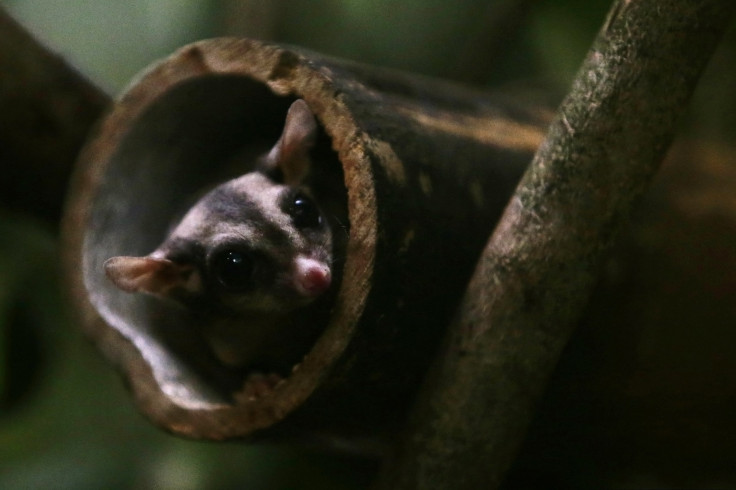New Zealand Announces Plan To Remove All Invasive Predators By 2050

New Zealand's government has announced a plan to eradicate all non-native predators from the country by 2050 in a move aimed at protecting indigenous wildlife. The move, which would seek to remove every rat, stoat, possum and feral cat from the country in the next 35 years, has been hailed as a "game changer."
"It's a real game-changer. We've been killing predators now for decades and in the past it's been quite an un-strategic approach to this campaign," Rob Fenwick, chairman of the Predator Free New Zealand trust, told the New Zealand Herald. "This fund will drive a more strategic and comprehensive approach to a landscape-scale assault on predators that we haven't seen before."
In addition, the government will also invest 28 million New Zealand dollars ($19.5 million) in a new company, Predator Free New Zealand Ltd, to drive the program in collaboration with the private sector.
If successful, the initiative — announced Monday by Prime Minister John Key — would be a global first.
According to an estimate by New Zealand's department of conservation, predators in the country are, to a huge extent, responsible for the high mortality rate among the ground-dwelling, flightless Kiwi bird, which is currently dying at a rate of 20 a week. Moreover, the government estimates that non-native species shave off approximately $2.3 billion every year from the country's economy, underscoring the inefficacy of the pest-control measures currently being employed.
"Rats, possums and stoats kill 25 million of our native birds every year, and prey on other native species such as lizards and, along with the rest of our environment, we must do more to protect them," Key said in a statement. "This is the most ambitious conservation project attempted anywhere in the world, but we believe if we all work together as a country we can achieve it."
© Copyright IBTimes 2024. All rights reserved.






















